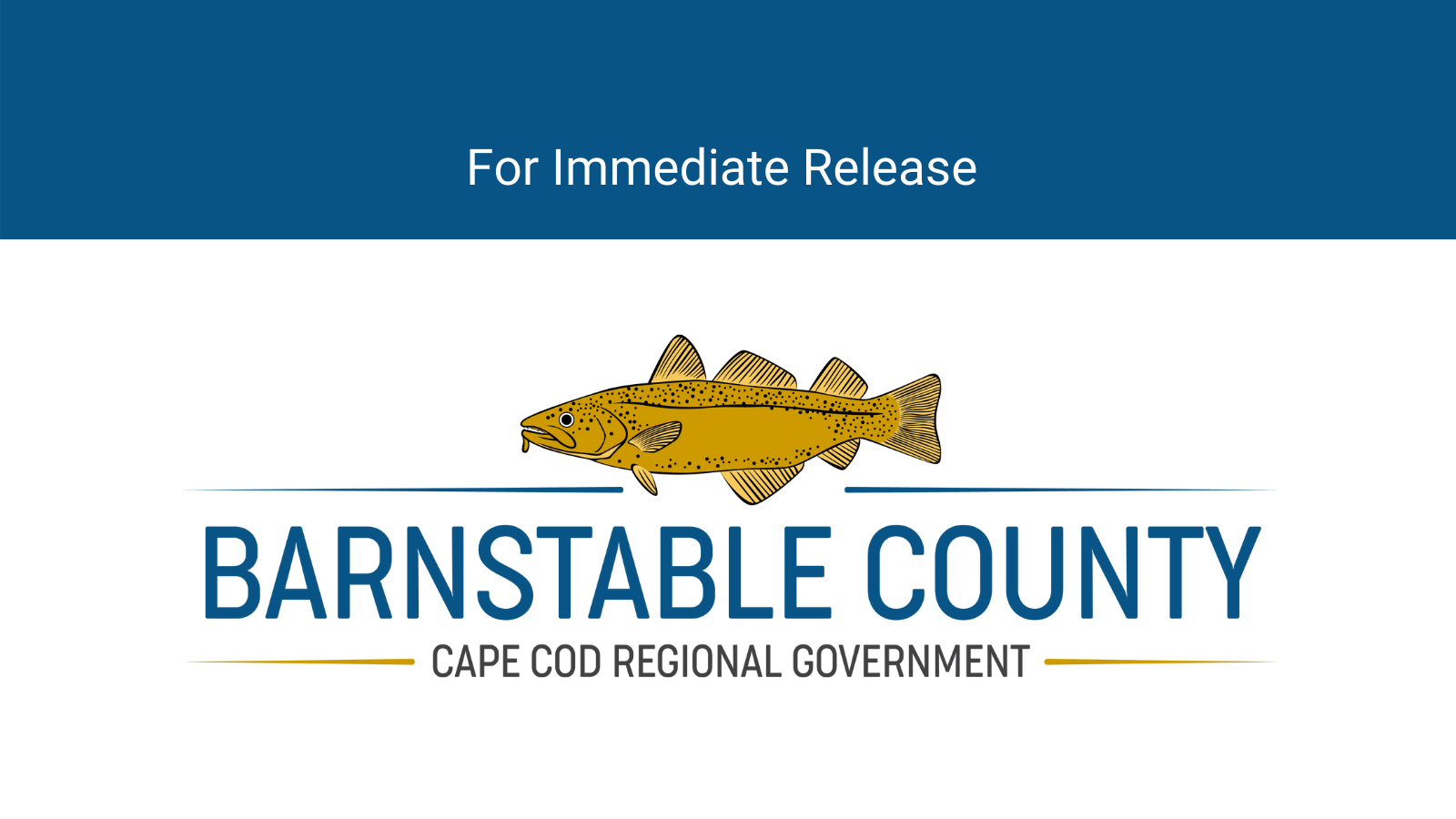At their June 25 meeting, the Barnstable County Board of Regional Commissioners reviewed updates on regional housing, freshwater, and economic initiatives, alongside the Fiscal Year 2024 independent audit results, which delivered a clean opinion with no findings. Kristy Senatori and Erin Perry from the Cape Cod Commission provided an overview of ongoing regional efforts. Housing updates included progress on incentivizing year-round occupancy, streamlining permitting, and zoning changes in South Sandwich Village. The finalized Cape Cod Freshwater Strategy was shared with stakeholders, highlighting advancements in pond water quality monitoring and remote sensing technology. The Commission also presented the 2024 Year One Report on the Comprehensive Economic Development Strategy, emphasizing zoning reform, infrastructure investment, broadband expansion, and climate resilience. The FY2024 audit confirmed strong financial management, with a General Fund balance of $36.3 million and stabilization reserves totaling $10.2 million. Federal grant expenditures totaled $12.1 million, including $9.4 million in ARPA funds. The County’s OPEB trust balance reached $4.3 million, and its pension plan remains on track at 66.6% funded. The Board also approved agreements to support trauma-informed services for child abuse victims on Martha’s Vineyard.
— News Original —
Commissioners Review Regional Housing, Freshwater, and Economic Initiatives; County Audit Earns Clean Opinion
June 25, 2025 (Barnstable, MA) — At their June 25 meeting, the Barnstable County Board of Regional Commissioners received an update from the Cape Cod Commission on major regional initiatives including implementation of the Cape Cod Regional Housing Strategy, the finalized Cape Cod Freshwater Strategy, and the annual report of the Barnstable County Economic Development Council (BCEDC). The Board also reviewed the results of the County’s Fiscal Year 2024 independent audit, which delivered an unmodified, or “clean,” opinion with no findings. Updates from the Cape Cod Commission Executive Director Kristy Senatori and Assistant Director Erin Perry shared a detailed overview of regional work underway by the Cape Cod Commission. Housing The Commission provided the Board with an updated Barnstable County housing profile along with highlights of ongoing work to implement the Regional Housing Strategy. Updates included a current study examining programs that could incentivize year-round occupancy of existing housing units, progress on creating pre-approved housing plans to streamline local permitting, and technical assistance to the Town of Sandwich through the District Local Technical Assistance (DLTA) program to explore zoning changes in South Sandwich Village. The Commission also described its involvement in the state’s Seasonal Communities Advisory Committee and associated subcommittees. Freshwater The finalized Cape Cod Freshwater Strategy, released earlier this month, is now being shared with towns, local organizations, and community stakeholders. The update included an overview of the Cape Cod Pond Buffer Guidance—available in all Cape Cod libraries—as well as progress from the Regional Pond Monitoring Program, now in its third year collecting data from 50 representative ponds. Commissioners also heard about a regional data analysis of pond water quality from 2001 to 2023, and the use of remote sensing technology to expand future data collection capabilities. Economic Development The Commission also presented the 2024 Year One Report on implementation of the Comprehensive Economic Development Strategy (CEDS). The presentation highlighted the Barnstable County Economic Development Council’s efforts to support zoning reform, infrastructure investment, broadband expansion, housing incentives, and climate resilience. The BCEDC has also provided input on the Regional Policy Plan (RPP) update and made recommendations to the Board of Regional Commissioners regarding the allocation of License Plate Grant Funds. While Commission staff are exploring potential U.S. Economic Development Administration (EDA) funding opportunities, no new EDA grants have recently been awarded for broadband or business assistance. “These updates show how regional planning is moving from vision to implementation,” said Sheila Lyons, Chair of the Board of Regional Commissioners. “We’re seeing collaborative work that supports sustainable growth and resilience across Cape Cod.” Learn more about the Cape Cod Commission’s work at www.capecodcommission.org. Audit Confirms Strong Financial Management and Clean Record for FY2024 Also at the meeting, the Board received the Fiscal Year 2024 Independent Audit Report presented by Renee Davis and Romina Mameli of CBIZ. Auditors confirmed that Barnstable County’s financial statements comply with all applicable standards and that internal controls and federal grant management procedures are operating effectively. Barnstable County has submitted its FY2024 Annual Comprehensive Financial Report (ACFR) to the Government Finance Officers Association (GFOA) for consideration under the Certificate of Achievement for Excellence in Financial Reporting program. The County received this distinction for its FY2023 report, which reflects a commitment to transparency and accountability. “This report gives us a clear, accurate picture of our financial position,” said Commissioner Mark Forest. “It reflects the professionalism of our finance team and our commitment to sound fiscal management.” The FY2024 audit also noted the County’s strong reserves and continued attention to long-term liabilities. The General Fund closed the year with a balance of $36.3 million, with nearly all of it unassigned and available for future use. Stabilization reserves totaled $10.2 million across capital, general, and emergency funds. Federal grant expenditures totaled $12.1 million, including $9.4 million in American Rescue Plan Act (ARPA) funds, of which $2.3 million was distributed to subrecipients. The County’s OPEB trust balance reached $4.3 million, and its pension plan remains on track at 66.6 percent funded. In other business, the Board approved a Memorandum of Understanding with Martha’s Vineyard Community Services and an Intergovernmental Agreement with Dukes County to support the continued presence of Children’s Cove, Barnstable County’s Child Advocacy Center, on Martha’s Vineyard. These agreements will ensure coordinated delivery of trauma-informed services for child victims of abuse and their families, including forensic interviews, case coordination, and mental health referrals. About Barnstable County Regional Government of Cape Cod: Barnstable County provides exemplary government functions and services to keep our community healthy and safe, promote sustainable growth, and offers a proactive, open government that enhances the quality of life for the citizens of Barnstable County. Learn more at www.capecod.gov.
— news from Barnstable County (.gov)
